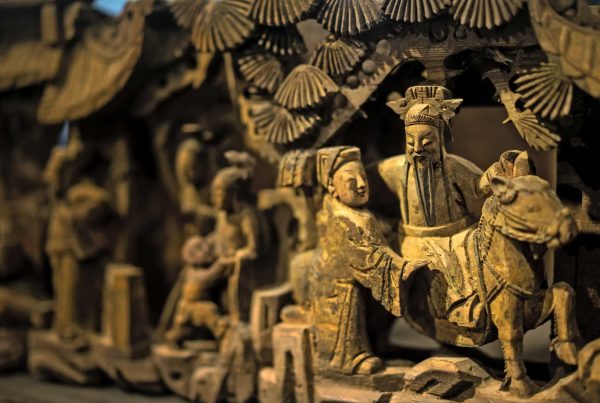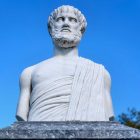 BIOETHICS
BIOETHICS
 THE ELEATIC SCHOOL
THE ELEATIC SCHOOL
THE ELEATIC SCHOOL
 PHILOSOPHY OF SCIENCE
PHILOSOPHY OF SCIENCE
PHILOSOPHY OF SCIENCE
 PHILOSOPHY OF LAW
PHILOSOPHY OF LAW
PHILOSOPHY OF LAW
 PHENOMENOLOGY
PHENOMENOLOGY
PHENOMENOLOGY
 POST-KANTIAN PHILOSOPHY IN THE NINETEENTH CENTURY
POST-KANTIAN PHILOSOPHY IN THE NINETEENTH CENTURY
POST-KANTIAN PHILOSOPHY IN THE NINETEENTH CENTURY
 WHAT IS GOOD WRITING?
WHAT IS GOOD WRITING?
WHAT IS GOOD WRITING?
 INTRODUCTORY PHILOSOPHY TEXTS
INTRODUCTORY PHILOSOPHY TEXTS
INTRODUCTORY PHILOSOPHY TEXTS
 INDIAN PHILOSOPHY
INDIAN PHILOSOPHY
INDIAN PHILOSOPHY
 CYNICISM
CYNICISM
CYNICISM
 METAPHYSICS
METAPHYSICS
METAPHYSICS
 HERMENEUTICS
HERMENEUTICS
HERMENEUTICS
 HEGELIANISM
HEGELIANISM
HEGELIANISM
 GOOD PHILOSOPHICAL WRITING
GOOD PHILOSOPHICAL WRITING
GOOD PHILOSOPHICAL WRITING
 LIBERALISM
LIBERALISM
LIBERALISM
Logic
Books
-
Socrates’ Children Volume II: Medieval Philosophers
$19.95 -
Silence: In the Age of Noise
$12.69 -
The Prince
$7.99 -
The Guide of the Perplexed (Hackett Classics)
$40.00 -
The Way of Zen
$14.28 -
The Confessions of St. Augustine: Premium Edition – Illustrated
$5.99 -
Islam as Political Religion
$52.95 -
Courage Under Fire: Testing Epictetus’s Doctrines in a Laboratory of Human Behavior (Hoover Essays)
$5.00 -
I Am a Strange Loop
$12.99 -
Beyond Good and Evil
$9.99 -
How Adam Smith Can Change Your Life: An Unexpected Guide to Human Nature and Happiness
$12.99 -
Tentacles Longer Than Night: Horror of Philosophy (Vol 3) (Horror of Philosophy, 3)
$18.95 -
Philosophy: 50 Essential Ideas
$9.40 -
End Times Major Clues from Minor Prophets (Revelation Decode)
$9.99 -
First Principles
$11.99
The Atomos Blog
Philosophy of Law: An Introduction
Philosophy of Law: An Introduction
Philosophy of Science: An Introduction
Aesthetics: An Introduction
Epistemology: An Introduction
Ethics: An Introduction
Logic: An Introduction
Metaphysics: An Introduction
Philosophy of History: An Introduction
Philosophy of Language: An Introduction
Philosophy of Mind: An Introduction
Philosophy of Technology: An Introduction
Political and Social Philosophy: An Introduction
Environmental Philosophy: An Introduction
Existentialism and Phenomenology: An Introduction
Feminist Philosophy: An Introduction
Philosophy of Mind: An Introduction
Terms & Concepts

Necessary truth


































































